We spoke with a local Spanish teacher, Fausto Balarezo, to get his thoughts on taking Spanish classes in Cuenca. We recently covered the best ways to learn Spanish before arriving in Cuenca, whilst this article focuses on learning Spanish once you’ve arrived.
I’ve tried something different for this article though. The idea is that you get a little Spanish lesson at the same time as you’re digesting the content.
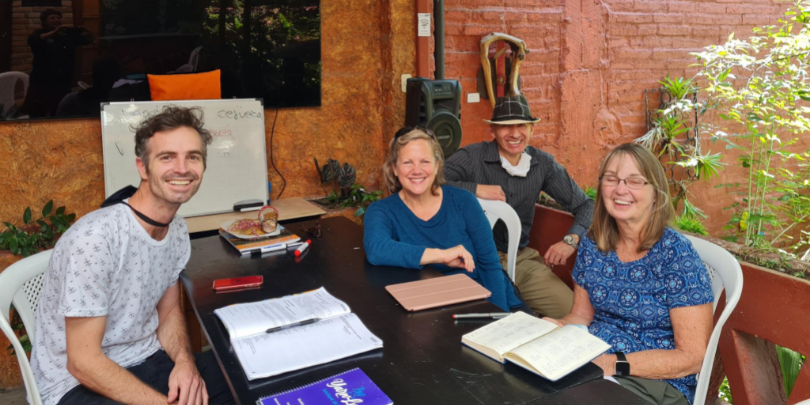
Instructions
1. Listen to Fausto’s responses in Spanish
Even if you’re a complete beginner, his accent and pronunciation is so smooth that you may surprise yourself how much you can understand.
2. Read in Spanish
Once you’ve listened to the audio, listen to it again only this time read along in Spanish to help fill in any blanks you may have missed the 1st time.
3. Read in English
Once you’ve had an honest attempt at understanding in Spanish, click on the English toggle to confirm your understanding. Try not to cheat, but also don’t be too hard on yourself if you’re finding it difficult.
The English translations are literal. So, some translations may not sound great in English, but I think it’s easier to follow along this way rather than change the sentence structure & word choices.
1. Introduction from Fausto
Hola, soy Fausto. Yo soy profesor de español con más de 20 años de experiencia. Trabajé en varias escuelas de español en Cuenca, en CDI, en Escuela Simón Bolívar y en la Fundación Yana Puma. Ahora trabajo en idiomART y doy clases de español en grupo o individual.
Hi, I’m Fausto. I am a Spanish teacher with more than 20 years of experience. I worked in several Spanish schools in Cuenca, in CDI, in Simon Bolivar School and in Yana Puma Foundation. Now I work at idiomART and I give Spanish classes in groups or individually.
2. Who are your students?
Ofrecemos paquetes para personas que visitan Cuenca por poco tiempo o para las personas que están viviendo en Cuenca.
We offer packages for people visiting Cuenca for a short time or for people who are living in Cuenca.
3. What makes Cuenca a good place to study?
Como ustedes saben, Cuenca es una ciudad patrimonio cultural de la UNESCO. Entonces, Cuenca ofrece muchas oportunidades para aprender un español activo como una lengua viva.
As you know, Cuenca is a UNESCO cultural heritage city. So, Cuenca offers many opportunities to learn active Spanish as a living language.
4. What activities do your offer students?
Estudiamos unas horas aquí en la escuela y dedicamos otro tiempo a hacer visitas culturales. Cuenca tiene muchos museos, sus mercados, su centro histórico. Es muy rico en cultura. Entonces nosotros hacemos una clase muy activa y variada para complementar el estudio del español con la cultura de Cuenca y del Ecuador.
We study for a few hours here at the school and spend some time doing cultural visits. Cuenca has many museums, markets, & historical center. It is very rich in culture. So we have a very active and varied class to complement the study of Spanish with the culture of Cuenca and Ecuador.
5. Do you recommend trying any methods like Duolingo or YouTube before arriving in Cuenca?
En mi opinión cada una tiene. Es buena. Va a depender de la persona. Porque para algunas personas esta le gusta y esta no le gusta. Esta me gusta porque son intereses que cada persona tiene. Para mi todas son muy buenas. Son útiles ya por mi experiencia veo que a una persona le gusta. Me gusta Duolingo y si me gusta yo digo por qué. Porque aprendo, me gusta la forma, la presentación del material que tiene perfecto. Es importante aprender, continuar practicando, que es lo más importante. Otros como tú dices, tienen YouTube también por te gusta. Por qué me gusta? Cómo presentan el vocabulario cada día tienen un tema. Por ejemplo, en Duolingo y YouTube tienen un tema para introducir o complementar el vocabulario. Continúa si te gusta, si te sientes bien, contínuos, importante es practicar.
In my opinion each one has. It is good. It’s going to depend on the person. Because some people like this one and some people don’t like this one. I like this one because they are interests that each person has. For me they are all very good.They are useful and from my experience I see that a person likes it. I like Duolingo and if I like it I say why. Because I learn, I like the form, the presentation of the material that is perfect. It is important to learn, to continue practicing, which is the most important thing. Others like you say, have YouTube also because you like it. Why do I like it? How they present the vocabulary every day they have a theme. For example, in Duolingo and YouTube they have a theme to introduce or complement the vocabulary. Continue if you like it, if you feel good, continue, it is important to practice.
6. It sounds like you don’t have a preference for any particular method? Please elaborate.
Exacto. Lo que importa son las ganas que tiene el estudiante de continuar practicando, independientemente de si le gusta o no le gusta este método o este programa o esta web. Lo importante es que continuar.
Exactly. What matters is the student’s desire to continue practicing, regardless of whether he likes or dislikes this method or this program or this website. The important thing is to continue.
7. What is your approach to introducing grammar?
La gramática es importante, pero para muchas personas, para muchos estudiantes es una palabra que no le gusta. Entonces lo importante es introducir la gramática sin hacerle sentir al estudiante que tiene que memorizar o tiene que usar la gramática, porque para muchos estudiantes es un poco frustrante la gramática. Entonces lo ideal es presentar la gramática de una forma natural en las clases y en las visitas. Es muy importante, obviamente, la repetición, porque cuando el estudiante escucha mucho, independientemente, si pregunta por qué esto o por qué lo otro, el repetir constantemente usos gramaticales durante la clase, pues él va entendiendo cuál es el uso. Yo sé que es importante explicar, especialmente para los estudiantes básicos, pero lo ideal es presentar la gramática, no de una manera como lo hacen en las escuelas, normalmente común y corriente, sino de una manera muy sutil, donde el estudiante no siente que está forzado a estudiar gramática, sino que él está usando la gramática durante las clases.
Grammar is important, but for many people, for many students it’s a word that they don’t like. So the important thing is to introduce grammar without making the student feel that they have to memorize or they have to use grammar, because for many students grammar is a little frustrating. So the ideal is to present grammar in a natural way in the classes and in the visits. Obviously, repetition is very important, because when the student listens a lot, regardless of whether he asks why this or why that, constantly repeating grammatical uses during the class, he will understand what the use is. I know that it is important to explain, especially for basic students, but the ideal is to present grammar, not in a way as they do in schools, normally common and ordinary, but in a very subtle way, where the student does not feel that he is forced to study grammar, but that he is using grammar during the classes.
8. How do you choose a good language school
Bueno. Cada escuela tiene su propio método, su metodología. Pero yo pienso que la mejor escuela de español es la escuela de la vida, donde usted puede estar en contacto con la cultura y no estar siempre en cuatro paredes. Ahora, obviamente tenemos estudiantes adultos que están acostumbrados a un sistema tradicional, pero también ellos le miran con buenos ojos que hacer visitas, hacer salidas es muy divertido y puede estar en contacto directo con la cultura y con la lengua.
Well. Each school has its own method, its methodology. But I think the best Spanish school is the school of life, where you can be in contact with the culture and not always be in four walls. Now, obviously we have adult students who are used to a traditional system, but they also look favorably on the fact that going on visits, going on outings is a lot of fun and you can be in direct contact with the culture and the language.
9. Do dialects matter?
Claro, los métodos son importantes, pero el dialecto que tú dices es importante porque por eso Cuenca es muy famoso para las clases de español. Es diferente recibir clases en la costa o en el norte de Ecuador por el acento. Pero el acento cuenca no, el acento del sur de Ecuador es muy claro. No es rápido, a pesar de que las personas hablan rápido, pero los profesores tenemos el tino de hablarles en una forma clara, de una forma comprensiva y sin complicaron al participante.
Of course, the methods are important, but the dialect that you say is important because that is why Cuenca is very famous for Spanish classes. It is different to receive classes on the coast or in the north of Ecuador because of the accent. But not the Cuenca accent, the accent in the south of Ecuador is very clear. It is not fast, even though people speak fast, but the teachers have the sense to speak to them in a clear way, in an understanding way and without complicating the participant.
10. Why is Cuenca famous for learning Spanish?
La Cuenca es una ciudad universitaria y también Cuenca, a pesar del número de habitantes, es una ciudad con importante número de institutos de idiomas. Pero la parte más importante es la vocalización de los profesores. Ponemos mucho énfasis en hablar bien, pronunciar bien y no hablar rápido para no confundir a los estudiantes que la explicación y la conversación sea clara y precisa.
Cuenca is a university city and also Cuenca, despite the number of inhabitants, is a city with an important number of language institutes. But the most important part is the vocalization of the teachers. We put a lot of emphasis on speaking well, pronouncing well and not speaking fast so as not to confuse the students, so that the explanation and the conversation is clear and precise.
11. Did you study in Cuenca ?
Yo estudié en Cuenca, pero también estudié inglés y francés en Cuenca. Pero obviamente yo viví muchos años en Estados Unidos y la práctica hace al profesor aquí.
I studied in Cuenca, but I also studied English and French in Cuenca. But obviously I lived many years in the United States and practice makes perfect here.
12. What else can students do to learn Spanish whilst in Cuenca?
Para mí el intercambio cultural es la mejor manera de aprender un idioma, porque tú puedes ir a vivir con una familia y compartir sus costumbres, practicar mucho el idioma y participar en la cultura. Vivir en Cuenca es una experiencia única. Compartir el tiempo con una familia. Es único. También tenemos familias muy buenas que tiene muchos años de experiencia recibiendo estudiantes de intercambio y pues todos están muy felices. Se llevan recuerdos muy bonitos de la familia, de la ciudad, de sus instructores. Es un excelente manera de poder aprender un idioma de la mejor manera posible visitando otro lugar.
For me, cultural exchange is the best way to learn a language, because you can go live with a family and share their customs, practice a lot of the language and participate in the culture. Living in Cuenca is a unique experience. Sharing time with a family. It is unique. We also have very good families who have many years of experience receiving exchange students and everyone is very happy. They take very nice memories of the family, of the city, of their instructors. It is an excellent way to learn a language in the best possible way by visiting another place.
13. Are you accepting students for cultural exchanges?
Sí, claro, todavía tenemos claro. Nosotros trabajábamos con otras escuelas recibiendo estudiantes, pero esas familias están con nosotros todavía. Entonces están disponibles para futuros proyectos de intercambio.
Yes, of course, we are still clear. We were working with other schools receiving students, but those families are still with us. So they are available for future exchange projects.
14. Any other ways to supplement studies whilst having classes in Cuenca?
Bueno, por ejemplo las las clases online ahora ayudan mucho, pero por ejemplo los estudiantes online ellos se tienen o se les manda diálogos para escuchar, canciones para escuchar que también se lo puede hacer aquí y eso les ayuda mucho. Hay textos para poder escuchar, diálogos, conversaciones, situaciones típicas de la vida diaria que eso ayuda mucho para poder avanzar más en el proceso de aprendizaje del español. Lo importante es que los estudiantes puedan expresar cosas de la vida diaria, de sus actividades. Qué hacen ellos en el día, qué actividades tienen el fin de semana que puedan expresarse con sus propias palabras. Y para eso es muy importante escuchar diálogos, conversaciones, situaciones típicas. Yo sé que a veces es difícil en una ciudad donde las personas nativas hablan muy rápido el español, pero ese es el proceso. Poco a poco.
Well, for example, the online classes now help a lot, but for example the online students have or are sent dialogues to listen to, songs to listen to that can also be done here and that helps them a lot. There are texts to listen to, dialogues, conversations, typical situations of daily life that help a lot to make more progress in the process of learning Spanish. The important thing is that the students can express things about their daily life, their activities. What they do during the day, what activities they have on the weekend that they can express in their own words. And for that it is very important to listen to dialogues, conversations, typical situations. I know that sometimes it is difficult in a city where native people speak Spanish very fast, but that is the process. Little by little.
15. What cultural activities do you organize for classes?
Listo, pero por ejemplo hablo por la experiencia personal. Nosotros ofrecemos clases de cocina, clases de cocteles, clases de salsa para bailar salsa y todos somos un complemento para poder aprender y poder practicar la gramática y el vocabulario que estudiamos en clase. Entonces, obviamente esas clases se les ofrece. Depende del curso uno o dos veces por mes, pero son muy interesantes para poder asistir y aprender otras cosas que son parte de la cultura latina y ecuatoriana.
Ready, but for example I speak from personal experience. We offer cooking classes, cocktail classes, salsa classes to dance salsa and we are all a complement to be able to learn and to be able to practice the grammar and the vocabulary that we study in class. So, obviously those classes are offered. It depends on the course once or twice a month, but they are very interesting to be able to attend and learn other things that are part of the Latin and Ecuadorian culture.
16. Any last thoughts on why Cuenca is a good location for learning Spanish?
Bueno, uno la belleza de la ciudad. Dos, la facilidad de tener todo en tus manos porque no es una ciudad muy grande. Entonces tú puedes obtener todo caminando 5 o 6 cuadras. Y pienso que lo más importante es la cultura de la ciudad. La ciudad ofrece muchas cosas hermosas que ver, que visitar y que aprender. Desde las chocolatería, desde las panaderías. Cuenca es la única ciudad en Latinoamérica en ser considerada Ciudad Mundial de las Artesanías, porque en Cuenca hacemos diez tipos de artesanías. Es una de las pocas ciudades en el mundo que tiene esta característica importante y aprender el arte de estos oficios, estas artesanías, también es muy interesante.
Well, one, the beauty of the city. Two, the ease of having everything in your hands because it is not a very big city. So you can get everything walking 5 or 6 blocks. And I think the most important thing is the culture of the city. The city offers many beautiful things to see, to visit and to learn. From the chocolate shops, from the bakeries. Cuenca is the only city in Latin America to be considered World City of Handicrafts, because in Cuenca we make ten types of handicrafts. It is one of the few cities in the world that has this important characteristic and learning the art of these trades, these crafts, is also very interesting.
How did you go?
I could listen to Fausto’s voice for hours. I find it soothing and just super easy to understand. I have participated in some of Fausto’s classes at idiomART and his enthusiam for teaching and professionalism is still very strong even after teaching for 20+ years. I find that very impressive.
Cultural Exchanges
Fausto clearly sees a lot of value in organized cultural exchanges. I do too. Staying with a local family whilst learning Spanish in a structured environment a wonderfully immersive experience that can accelerate your learning pace.
Get in contact with Fausto via CCC Spanish at idiomART to inquire about cultural exchange opportunities.
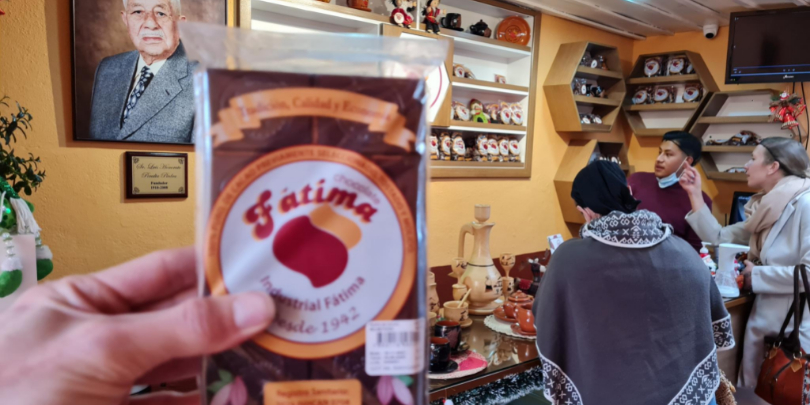
Language Exchanges
I recommend hitting up some language exchanges when you arrive in Cuenca too. These not only help improve your Spanish, but you’re also helping someone else improve their English. Classic win-win. It’s an ideal location to meet new friends too.
There’s generally 3-4 language exchanges operating at any one time in Cuenca. Some are more social, whilst others are more structured with defined learning objectives.
Check out our Cuenca Events page for upcoming language exchanges.
How to sign up for Spanish classes?
Fausto teaches at CCC Spanish held in idiomART’s garden setting. CCC stands for Conversation, Culture & Context. And, you’ve heard how highly Fausto regards activities that go beyond the classroom and into the vibrant city of Cuenca.
They are currently running a special where you get 10% off if you sign up for 2 months or more.
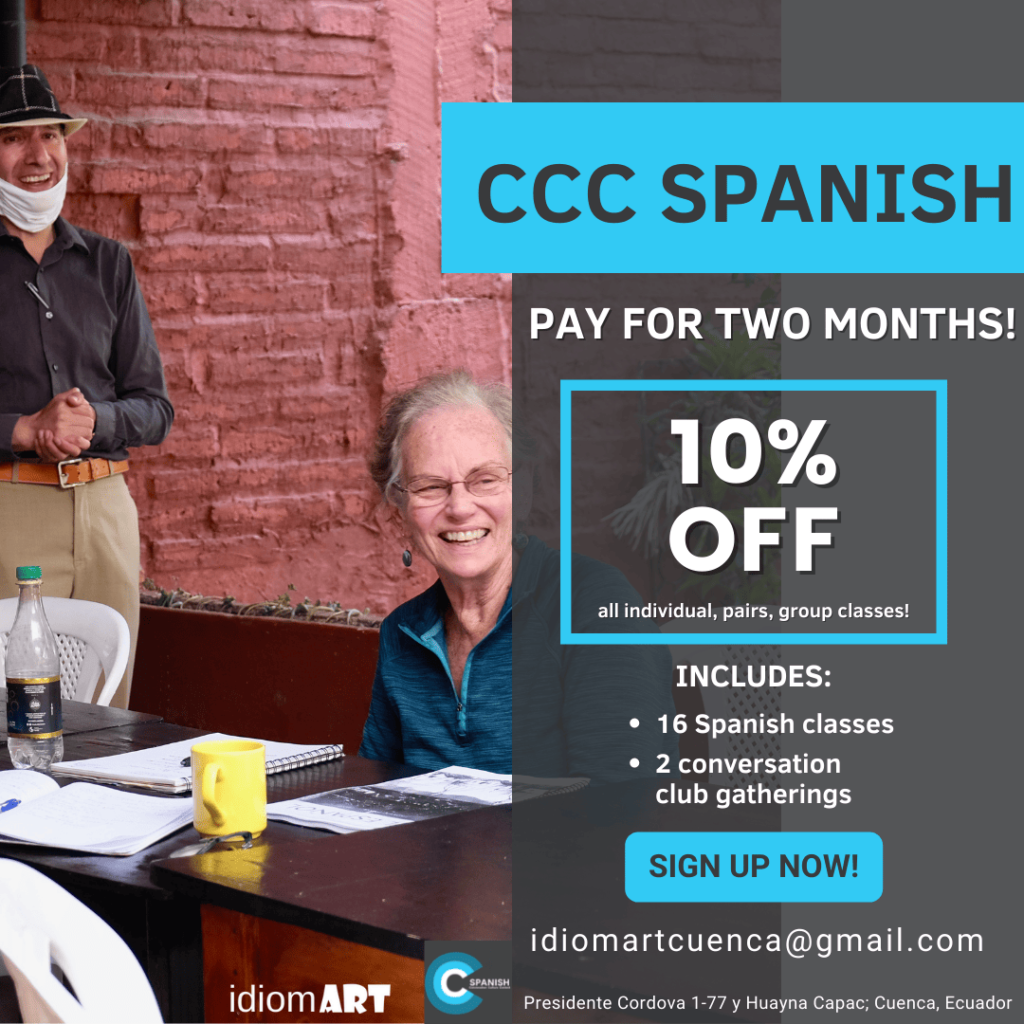
Learn more & book by reaching out to Sarah at idiomART via email ([email protected]).
Don’t forget your Yapa
YapaTree cardholders are eligible for 5% off any art purchase gallery or exhibitions at idiomART.

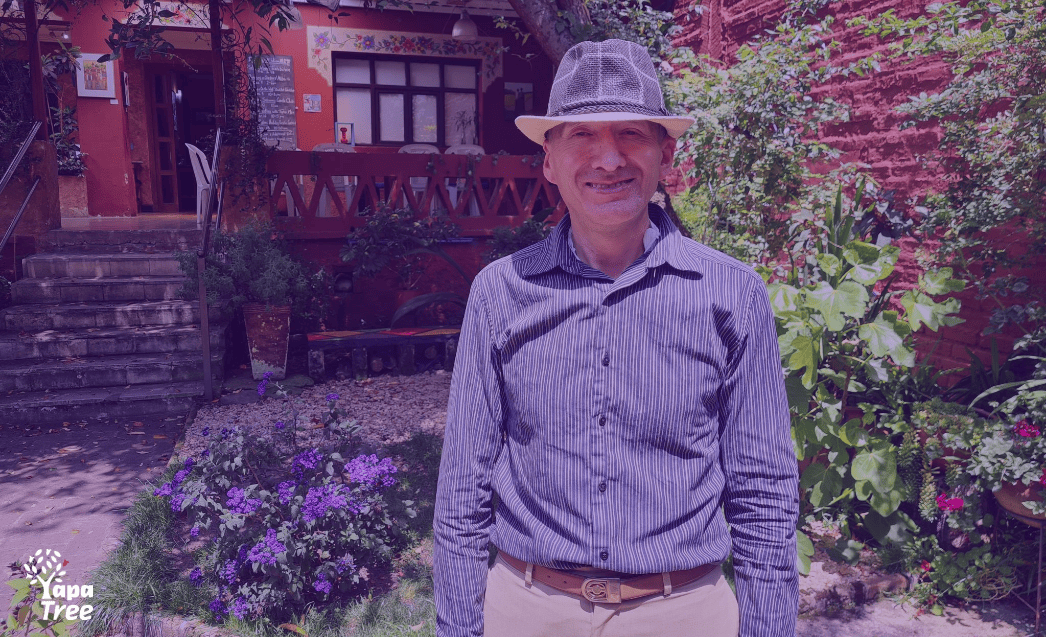




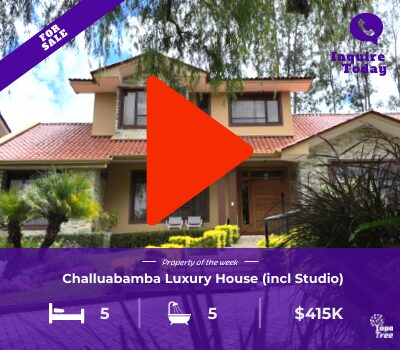




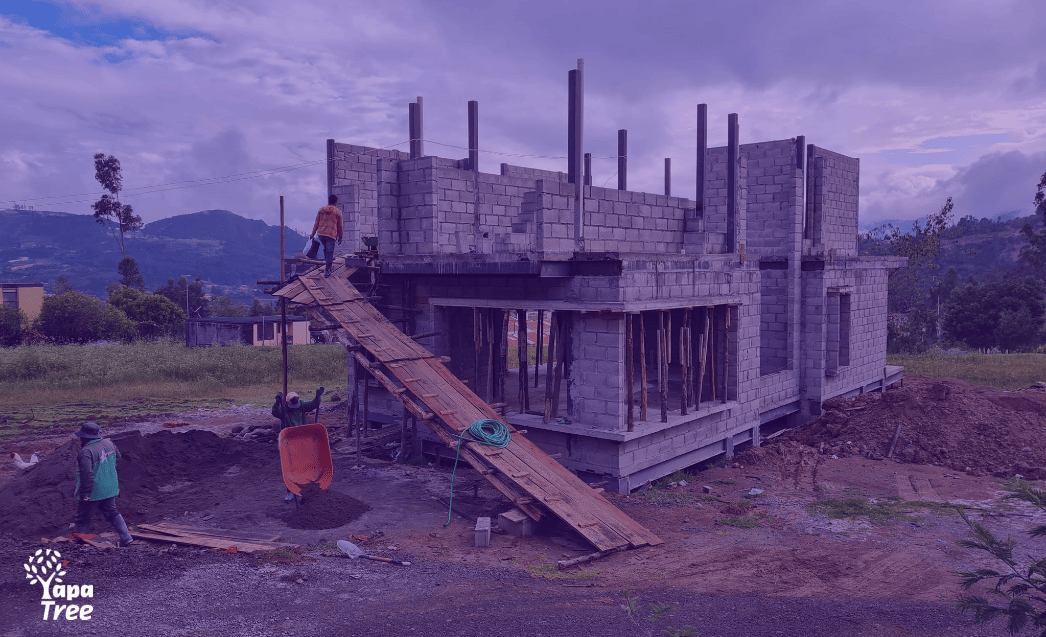

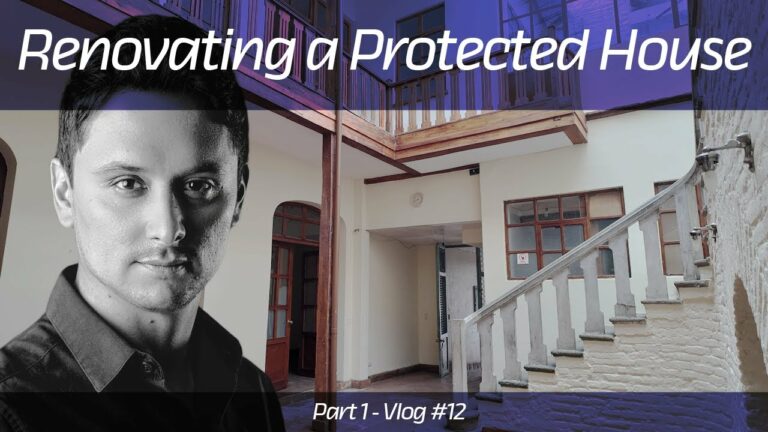
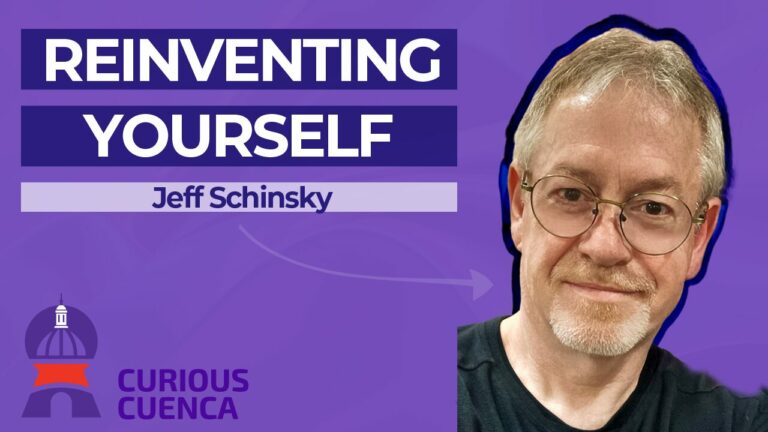
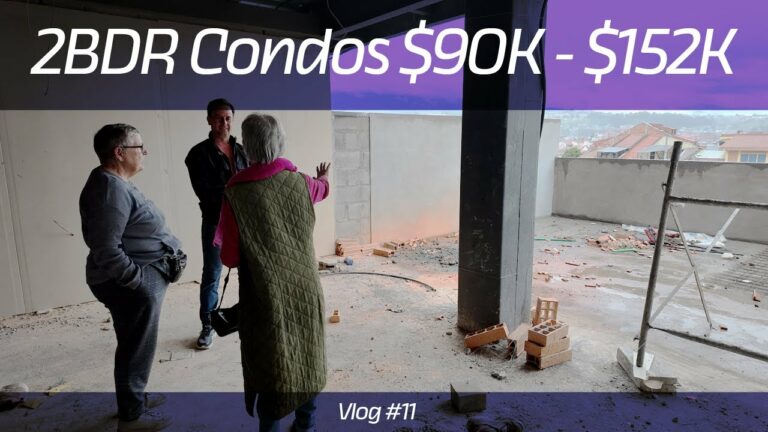

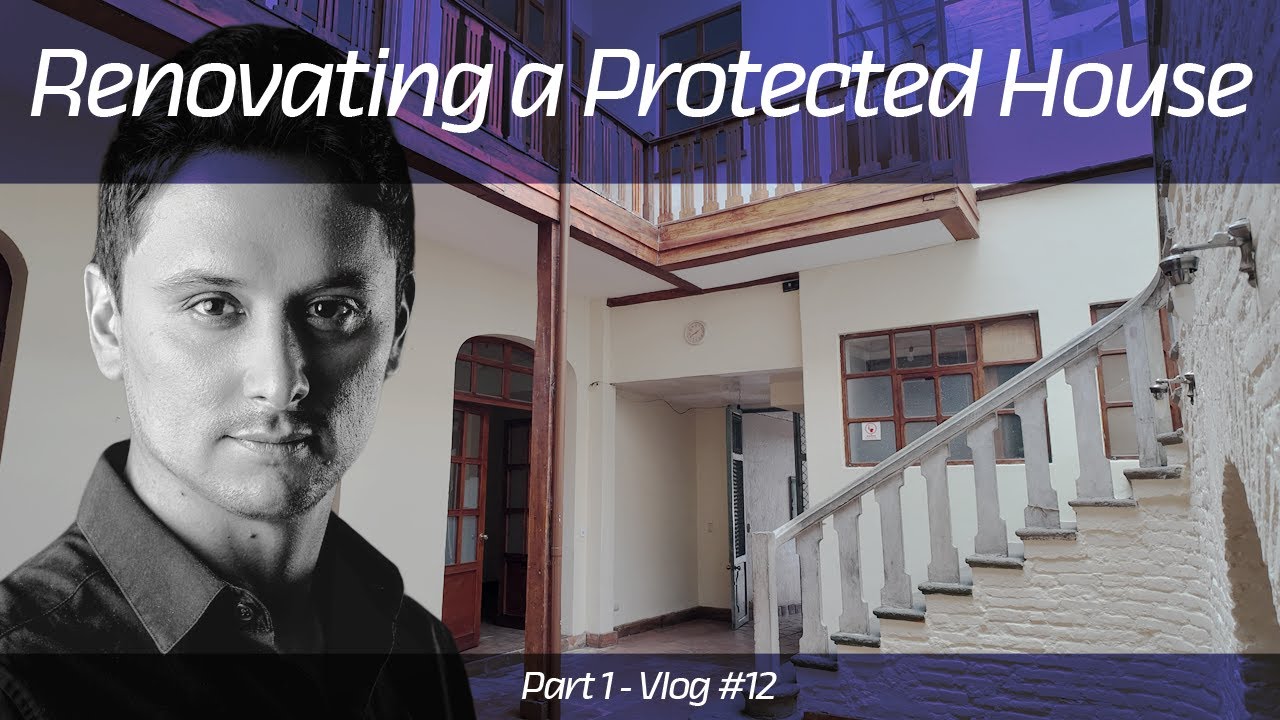
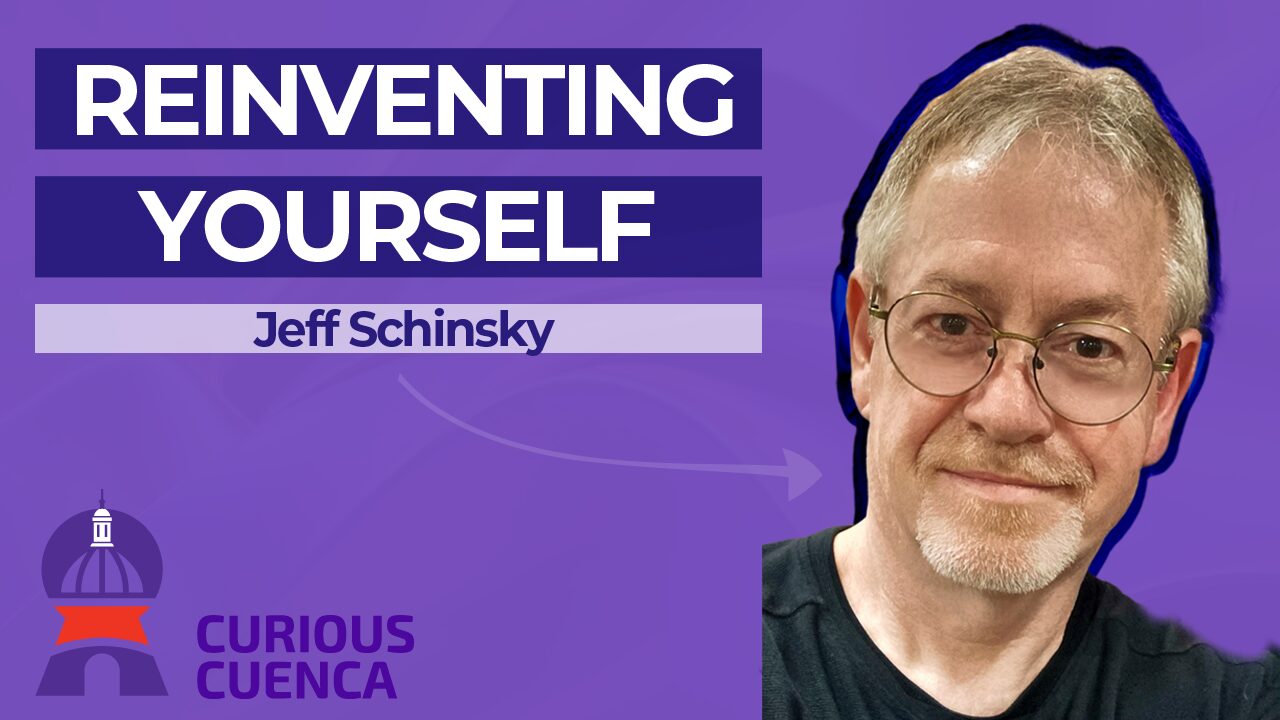
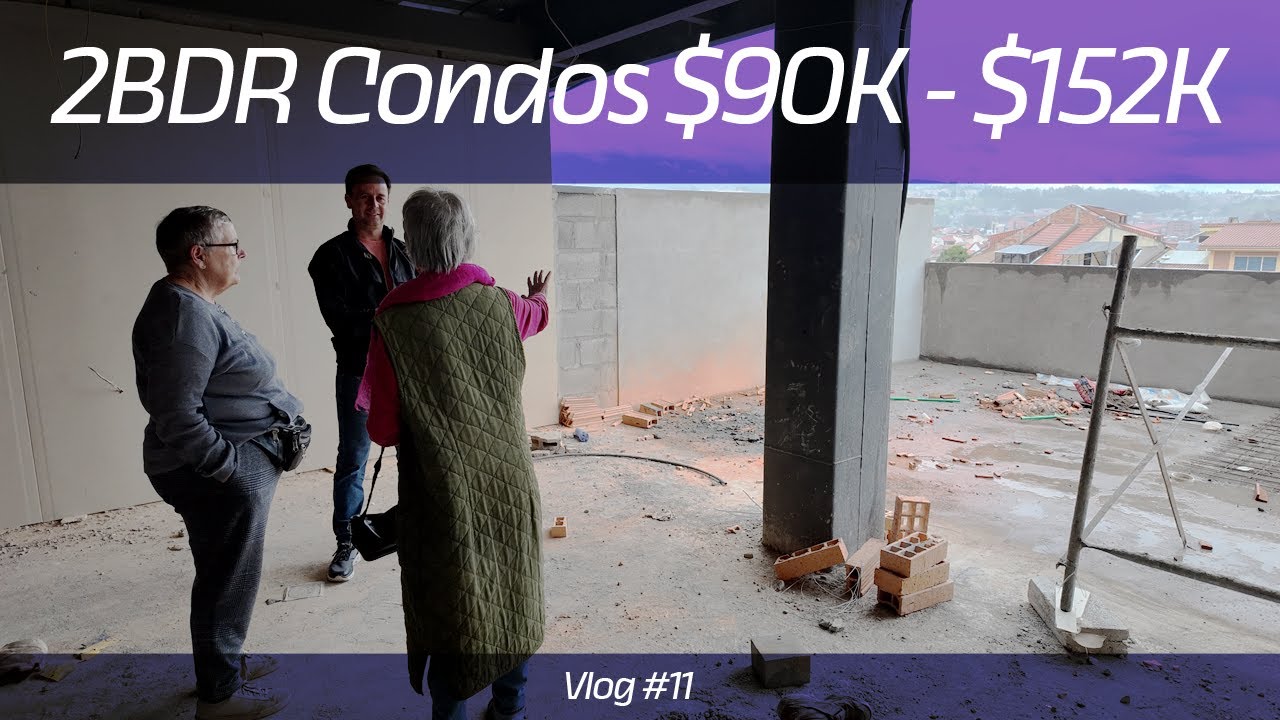
2 Responses
Pleasant surprise, I got most of it first try listening. Reading the Spanish text was easy for me. As I have said before I learned my grammar with http://www.languagetransfer.org and many words with Duolingo. Language Transfer begs you not to memorize which is good since I never could remember anything anyway and barely got thru chemistry (learning the tables). I was hoping that I would get more actual practice here (and I have Cuencano family), but they are very busy with work so I do not get to see them as often as I would like.
Most people on the street talk too fast with one exception, when they want to sell you something they can magically slow down. Anyway last week I decided to do exactly what Fausto suggests, taking some lessons, basically paying for practice, and the classroom will be the streets and places of Cuenca, no sitting at a desk/table for me, and I have a instructor recommended that I think will be an excellent fit chosen pretty much following the model Fausto outlines, (but I am sure Fausto would fit as well too).
I’ve met Fausto, and I’ve seen the results of his classes second-hand through some of his current students. He’s a great teacher, and his knowledge of the Cuenca area makes him a tremendous guide/resource for his students.
As he suggested in a few of his comments, speaking (and listening) to multiple people speaking Spanish is extremely important, as listening comprehension is probably the most difficult aspect of learning any language. You can have a great vocabulary and an excellent command of grammar, but if you can’t understand a native speaker, then you’re pretty much limited to writing in Spanish. Speaking and listening to more and more people with different accents and speech patterns will eventually build a “comprehension matrix” in your brain, and the result is that you’ll be able to better understand even more people from regions you’ve never visited before.
I have a Facebook group that I’d like to offer as a resource to local expats who are working on their Spanish. We don’t hold classes, but it’s a great place to ask questions about local usage, to learn from informative articles and videos, and much more. We have a handful of native speakers and non-native experts who can help with problems/questions you’re having, with a strong focus on Ecuadorian usage. You can find the group here: https://www.facebook.com/groups/EspanolForEcuadorExpats